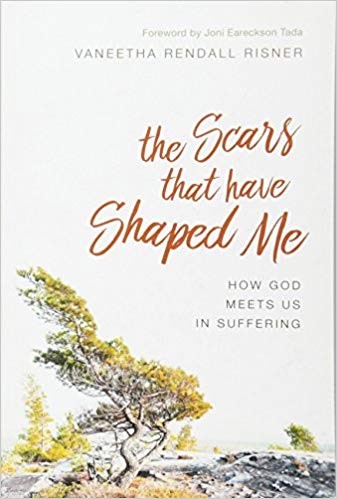Quite the study.
Australian researchers took a look at stool samples of children at one month, 6 months, and 12 months old, and then measured their anxiety-like behaviors at 2 years old.
They found that infants with a low level of the gut bacteria, Prevotella, were much more likely to exhibit anxiety-like behaviors such as shyness, sadness, and internal focus.
That, in turn, may lead to greater likelihood of childhood and adult anxiety.
Low levels of Prevotella are also a risk factor for things like autism and Parkinson’s Disease, and low levels are much more common in western societies.
So what should you do? Feed your kids a varied diet and don’t overdo the antibiotics, if possible, because they lower levels of Prevotella.
Beyond the practical implications, there are so many spiritual implications for the church.
So often, we’ve been taught that anxiety is a spiritual issue (lack of trust etc) when study after study is, over and over, showing it’s a medical condition. One that often begins very early. Over simple things like gut bacteria.
How many parents see their anxious two year old or toddler (and yes, they definitely can show abnormal anxiety at that age) and say, “Hey, that little fellow definitely doesn’t have enough gut bacteria.”
None of us says that, but that’s a really plausible explanation.
Same situation for adults. How many times do we insist on a spiritual explanation when it’s often just a matter of gut bacteria?
We need to change how we talk about every one of these mental health conditions and, instead of automatically ascribing a spiritual cause, recognize that these are medical conditions.
That doesn’t mean spirituality can’t speak to it. After all, our Christianity has everything to say about how we approach cancer, mentally, but not too much physically.










